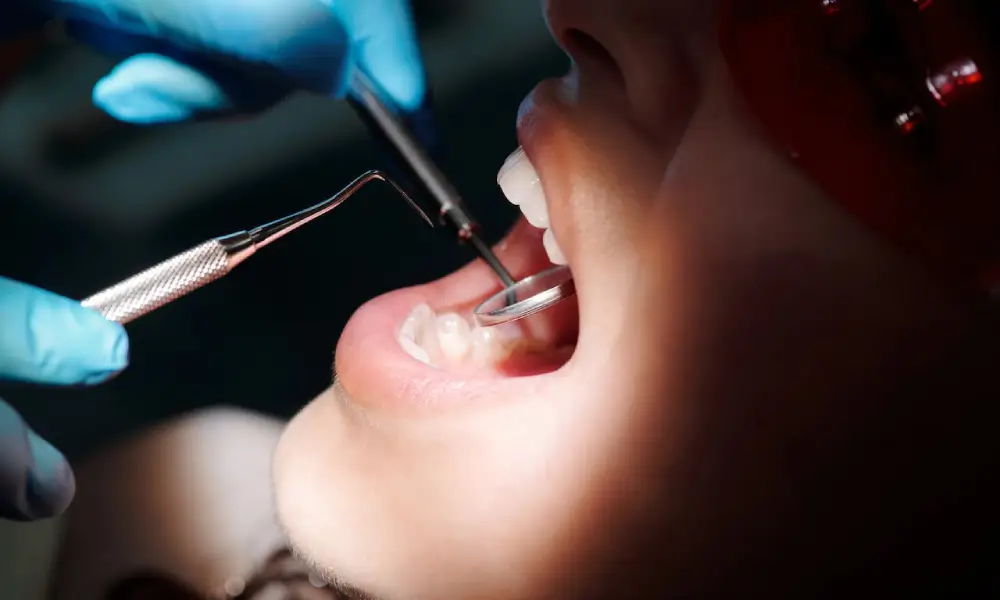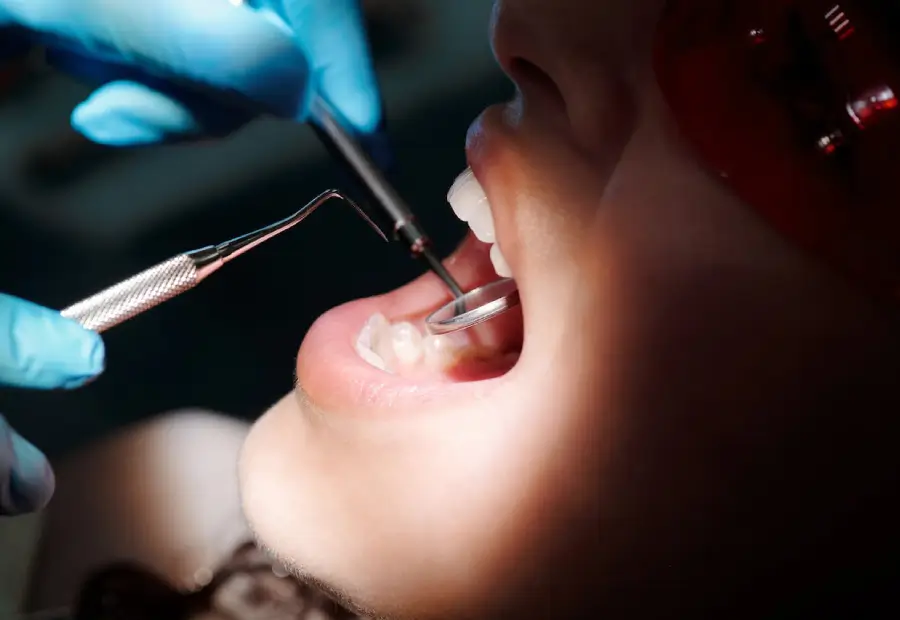Root Canals
- Home
- Root Canals
Root Canals
Root canals play an essential role in helping patients avoid tooth loss following decay or damage to the deep, central portion of the tooth. With special instruments and advanced techniques, Dr. Sharmila Chopra performs root canal treatments with little to no discomfort and optimal results in patients at Alpine Family Dental in Boonton, New Jersey. Root canals preserve and restore a damaged tooth so patients can avoid extractions and the complications and side effects they cause.

Root Canals Q & A
In principle, a root canal is similar to a regular cavity filling procedure: The damaged portion of the tooth is removed, and the resulting cavity is cleaned and filled. But because the damaged portion of the tooth extends into the deeper portions of the tooth’s interior, special tools and methods are used to avoid damaging the structure of the tooth. After numbing the tooth, Dr. Gyanchand removes the superficial tooth material to expose the inner portion of the tooth. The damaged pulp is carefully extracted, and the interior portion of the tooth is cleaned, taking care to remove all the debris. Dr. Gyanchand applies a special sealant to the area to prevent additional decay or damage to the tooth before applying the filling.
Next, the tooth is prepared for a crown. Application of a crown is always recommended following a root canal to provide additional stability to the tooth and to hide any discoloration which may occur following treatment. Dr. Gyanchand removes a small amount of the tooth surface material to make room for the crown and applies a temporary crown to protect the tooth. The crown itself is made at a dental lab using strong material tinted to match the surrounding teeth. Once the crown is ready, the temporary crown is removed, and the tooth surface is cleaned. Dr. Gyanchand applies the crown using a strong adhesive.
